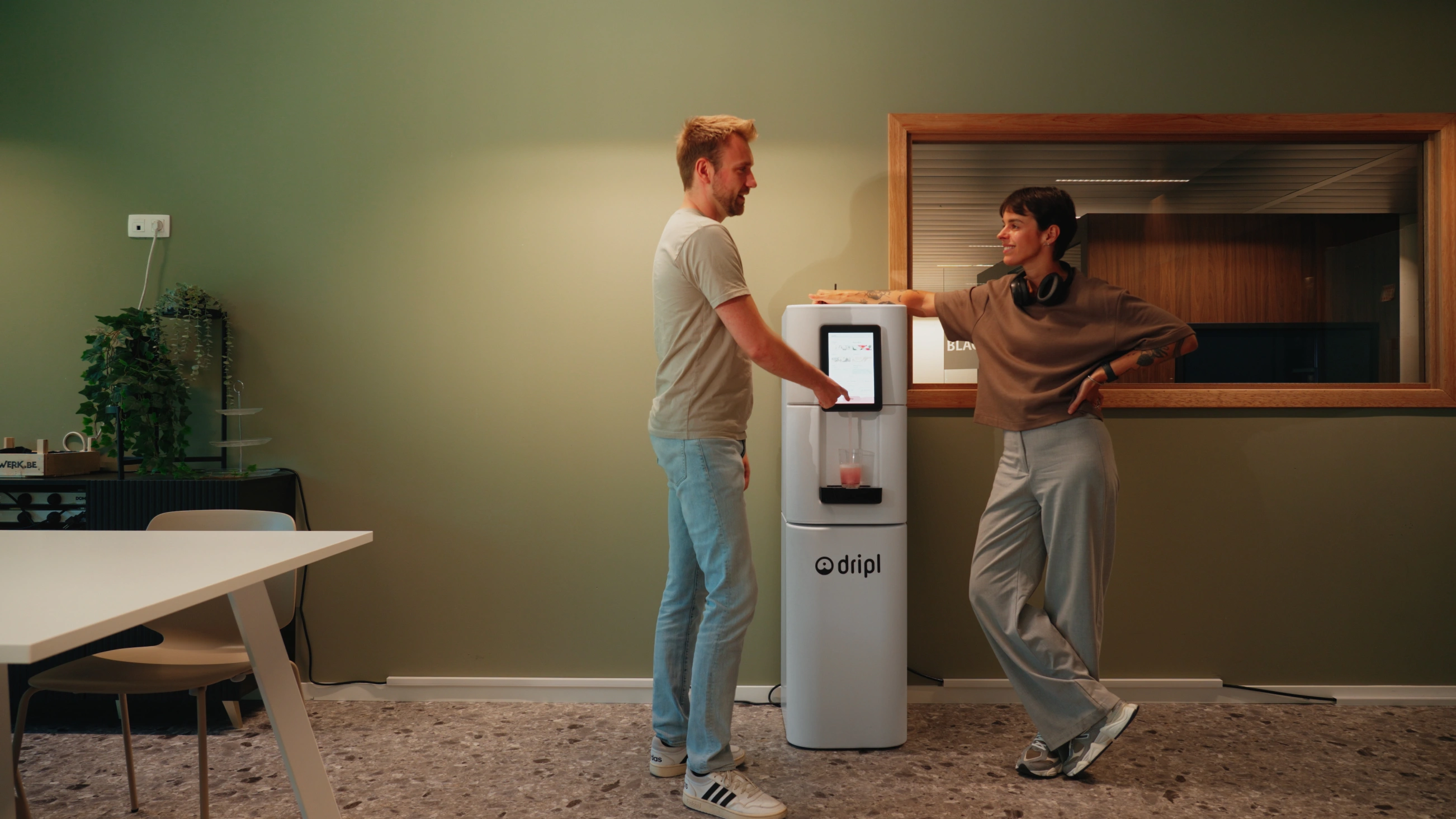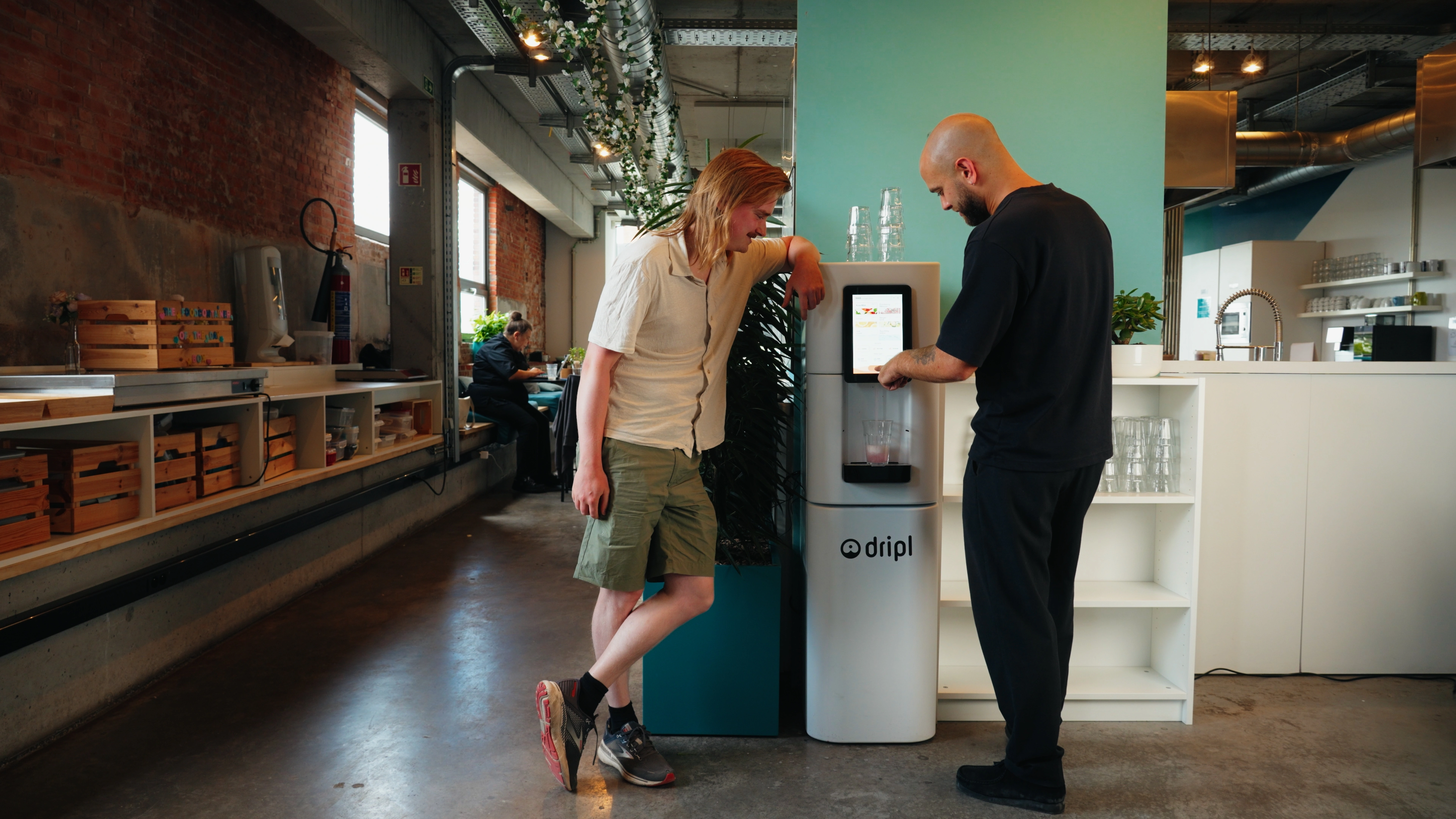All blog posts
5 Myths about packaging punctured by Karine Van Doorsselaer

In our ongoing quest for sustainable solutions and a circular economy, we're often confronted with countless myths and misconceptions about packaging. To debunk these myths, we spoke with Karine Van Doorsselaer, a lecturer in ecodesign at the University of Antwerp and author of several books on sustainability and ecology.
Myth 1: No packaging is always the best packaging
The best packaging is no packaging at all. True, but not if using appropriate packaging reduces the product's environmental impact. This is especially true for protecting and preserving food safety. When considering whether or not to use packaging, it's crucial to consider the entire packaging system and the purpose of your product.
Myth 2: Recycling is the top priority in the circular economy
While recycling plays an important role in the circular economy, it's not the highest priority. Karine emphasizes the importance of reuse and value retention as the first steps in the circular strategy. Only when reuse is not possible should recycling be considered. Retaining the value of materials is central to the circular approach.
Myth 3: Plastics are always bad for the environment
Karine points out that plastics aren't inherently bad for the environment. It depends on several factors, including the material, its life cycle, and its use. Some plastics can be recycled effectively and have a lower environmental impact than alternative materials like glass or paper.
Myth 4: Paper is always an environmentally friendly alternative to plastic
While paper is often seen as an environmentally friendly alternative to plastic, the reality is more complex. Paper production requires significant amounts of water, energy, and chemicals, and the recycling process also has its drawbacks. Moreover, deforestation can have a significant impact on the environment, calling paper's sustainability into question. So, maybe next time you should skip that paper bag at the supermarket?
Myth 5: Consumers have full responsibility for sustainable choices
While consumers play a role in making sustainable choices, the responsibility doesn't lie entirely with them. Karine emphasizes the importance of collaboration between consumers, businesses, and governments to bring about real change. Relieving consumers of their worries and providing clear information and incentives are crucial for promoting sustainable behavior.
And now what? Working together offers the solution.
By debunking these myths and understanding the complexities surrounding packaging, we can take steps toward a more sustainable future. It's a matter of working together, raising awareness, and embracing innovative solutions. With the right strategies and efforts, we can reduce the environmental impact of packaging and strive for a truly circular economy.
About Karine
Karine Van Doorsselaer is a distinguished senior lecturer in Product Development at KU Leuven. Since 1995, she has shared her expertise in materials science and ecodesign with unparalleled passion. Her passion for sustainability and circular design makes her a true pioneer in this field. Known for her determination and tenacity, she tirelessly advocates for a conscious approach to materials and products.
Have Karine and Colin inspired you? Want to be more packaging conscious yourself? A Dripl Refill Point prevents your plastic bottle from your water or soda.
Our Refill Points are a packaging-free alternative to the drinks you consume at work. They're also a healthier alternative because they contain no sugar and are made entirely from natural ingredients. This way, you contribute to the circular economy without having to think about it too much.

In our ongoing quest for sustainable solutions and a circular economy, we're often confronted with countless myths and misconceptions about packaging. To debunk these myths, we spoke with Karine Van Doorsselaer, a lecturer in ecodesign at the University of Antwerp and author of several books on sustainability and ecology.
Myth 1: No packaging is always the best packaging
The best packaging is no packaging at all. True, but not if using appropriate packaging reduces the product's environmental impact. This is especially true for protecting and preserving food safety. When considering whether or not to use packaging, it's crucial to consider the entire packaging system and the purpose of your product.
Myth 2: Recycling is the top priority in the circular economy
While recycling plays an important role in the circular economy, it's not the highest priority. Karine emphasizes the importance of reuse and value retention as the first steps in the circular strategy. Only when reuse is not possible should recycling be considered. Retaining the value of materials is central to the circular approach.
Myth 3: Plastics are always bad for the environment
Karine points out that plastics aren't inherently bad for the environment. It depends on several factors, including the material, its life cycle, and its use. Some plastics can be recycled effectively and have a lower environmental impact than alternative materials like glass or paper.
Myth 4: Paper is always an environmentally friendly alternative to plastic
While paper is often seen as an environmentally friendly alternative to plastic, the reality is more complex. Paper production requires significant amounts of water, energy, and chemicals, and the recycling process also has its drawbacks. Moreover, deforestation can have a significant impact on the environment, calling paper's sustainability into question. So, maybe next time you should skip that paper bag at the supermarket?
Myth 5: Consumers have full responsibility for sustainable choices
While consumers play a role in making sustainable choices, the responsibility doesn't lie entirely with them. Karine emphasizes the importance of collaboration between consumers, businesses, and governments to bring about real change. Relieving consumers of their worries and providing clear information and incentives are crucial for promoting sustainable behavior.
And now what? Working together offers the solution.
By debunking these myths and understanding the complexities surrounding packaging, we can take steps toward a more sustainable future. It's a matter of working together, raising awareness, and embracing innovative solutions. With the right strategies and efforts, we can reduce the environmental impact of packaging and strive for a truly circular economy.
About Karine
Karine Van Doorsselaer is a distinguished senior lecturer in Product Development at KU Leuven. Since 1995, she has shared her expertise in materials science and ecodesign with unparalleled passion. Her passion for sustainability and circular design makes her a true pioneer in this field. Known for her determination and tenacity, she tirelessly advocates for a conscious approach to materials and products.
Have Karine and Colin inspired you? Want to be more packaging conscious yourself? A Dripl Refill Point prevents your plastic bottle from your water or soda.
Our Refill Points are a packaging-free alternative to the drinks you consume at work. They're also a healthier alternative because they contain no sugar and are made entirely from natural ingredients. This way, you contribute to the circular economy without having to think about it too much.
FAQs
Get your free quote
Get your personalised quote today. We’ll get back to you soon.




-min.png)